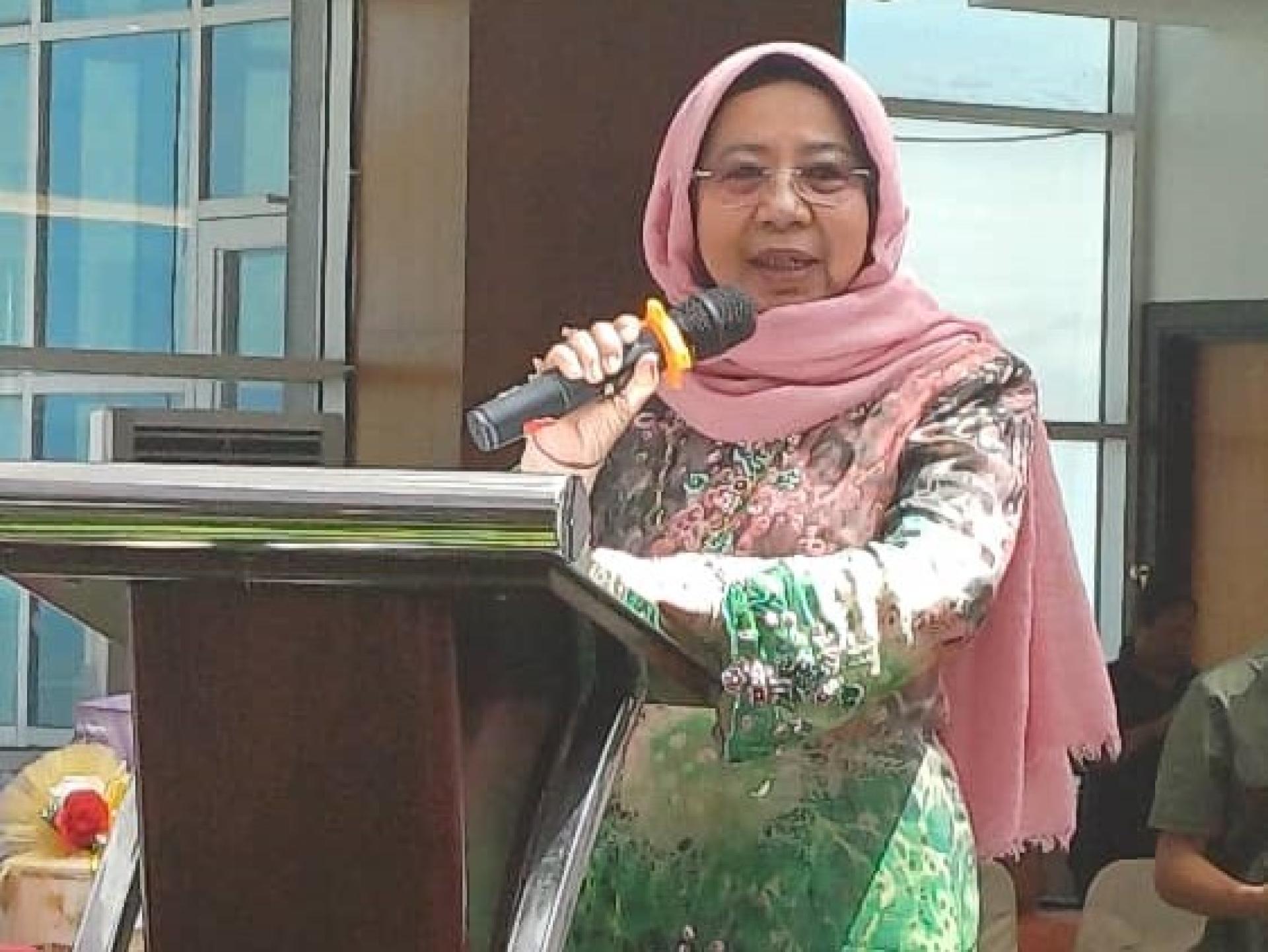MIRI: Breast cancer continues to be detected too late among women in Sarawak, despite decades of awareness efforts.
That was the stark message as the Pink October campaign was launched in Miri on Saturday.
Data from the National Cancer Registry shows the risk of Malaysian women developing breast cancer has increased to one in 23.
Nearly half of cases in Sarawak are only detected at Stage 3 or 4, when treatment is more complicated and survival odds drop sharply.
The core problem is low screening.
National health survey findings show 71 per cent of women aged 40 and above have never had a mammogram, while almost half do not carry out breast self-examinations.
Speaking at the launch, Deputy Women and Children’s Development Minister, Datuk Rosey Yunus, said the numbers are unacceptable.
“We cannot afford a culture of waiting. Earlier detection means higher chances of survival.
“Women must come forward for screening, not only when symptoms appear,” she said.
The Pink October programme led by the National Population and Family Development Board (LPPKN) aims to close that gap by expanding access to subsidised mammograms, particularly for women in rural and remote areas.
About 300 women in Miri are expected to benefit from screenings this month.
Since its introduction in 2007, the LPPKN mammogram subsidy has supported more than 560,000 women nationwide, including over 85,000 in Sarawak.
The programme will continue to be rolled out through six partner medical centres in Miri, Kuching, Bintulu and Sibu.
Rosey stressed that awareness alone is not enough.
“We need action. Families, employers, communities. Everyone must push for screening.
“It cannot be left to the government alone,” she said.
Women who are unable to attend the launch event can still access breast cancer screening at Klinik Nur Sejahtera branches in Miri, Sibu and Kuching.
The message from Saturday’s campaign was blunt.
Detect early. Act early. Lives depend on it.
Data from the National Cancer Registry shows the risk of Malaysian women developing breast cancer has increased to one in 23.
Nearly half of cases in Sarawak are only detected at Stage 3 or 4, when treatment is more complicated and survival odds drop sharply.
The core problem is low screening.
National health survey findings show 71 per cent of women aged 40 and above have never had a mammogram, while almost half do not carry out breast self-examinations.
Speaking at the launch, Deputy Women and Children’s Development Minister, Datuk Rosey Yunus, said the numbers are unacceptable.
“We cannot afford a culture of waiting. Earlier detection means higher chances of survival.
“Women must come forward for screening, not only when symptoms appear,” she said.
The Pink October programme led by the National Population and Family Development Board (LPPKN) aims to close that gap by expanding access to subsidised mammograms, particularly for women in rural and remote areas.
About 300 women in Miri are expected to benefit from screenings this month.
Since its introduction in 2007, the LPPKN mammogram subsidy has supported more than 560,000 women nationwide, including over 85,000 in Sarawak.
The programme will continue to be rolled out through six partner medical centres in Miri, Kuching, Bintulu and Sibu.
Rosey stressed that awareness alone is not enough.
“We need action. Families, employers, communities. Everyone must push for screening.
“It cannot be left to the government alone,” she said.
Women who are unable to attend the launch event can still access breast cancer screening at Klinik Nur Sejahtera branches in Miri, Sibu and Kuching.
The message from Saturday’s campaign was blunt.
Detect early. Act early. Lives depend on it.
